Germany is famous for its financial prudence, but over the past two weeks, it has been plunged into a strange financial turmoil, according to the Economist.
Germany keeps a tight lid on its public debt, a point of pride for the country's fiscal discipline. A constitutional provision sets out specific limits, often referred to as the "debt brake." This mechanism limits the budget deficit to no more than 0.35% of GDP.
And at the heart of the recent chaos is the government's evasion of debt brake rules through a series of special funds. They reallocated unused pandemic-era budgets to climate change funds, but were "whistled".
Accordingly, on November 15, the German Constitutional Court ruled that the 60 billion euro ($66 billion), equivalent to 1.5% of GDP, transferred to climate spending was unconstitutional, endangering all financial resources.
The ruling has caused political turmoil. As lawmakers scramble to plug financial loopholes, members of the ruling coalition are locked in a dispute, and the opposition is divided.
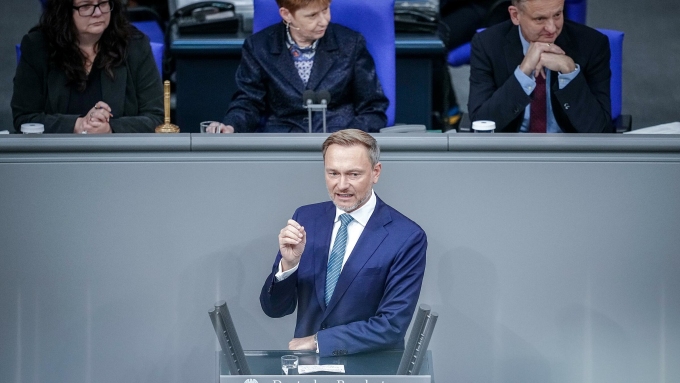
German Finance Minister Christian Lindner speaks before the country's parliament on November 16. Photo: DPA
Finance Minister Christian Lindner said Germany faces a 17 billion euro ($18.66 billion) shortfall in next year's budget following the ruling. "For comparison, the total federal budget is 450 billion euros," he said.
There is no specific date for finalizing the 2024 budget, according to a German government spokesman. The plan could be completed before Christmas or it could have to wait until January next year. "We are not being reckless or negligent. But it is clear that this is an extremely difficult and embarrassing time for a government," Lindner added.
On November 28, Prime Minister Olaf Scholz promised in the Bundestag that some sort of fix would be found. The government will introduce an emergency provision to ensure that spending for 2023 is legally approved, but there was no explanation of where the money for next year will come from.
Because of Germany’s debt obsession and tight regulation, Europe’s largest economy is currently unable to stimulate domestic demand, finance its energy transition or achieve its geopolitical goals, according to the Economist . Unless Germany can lead by example, for example, other European countries are unlikely to provide more aid to Ukraine.
The strange thing is that the financial turmoil has nothing to do with the German economy. In fact, the country is the envy of other rich countries because it still has so much room to borrow if it wants to.
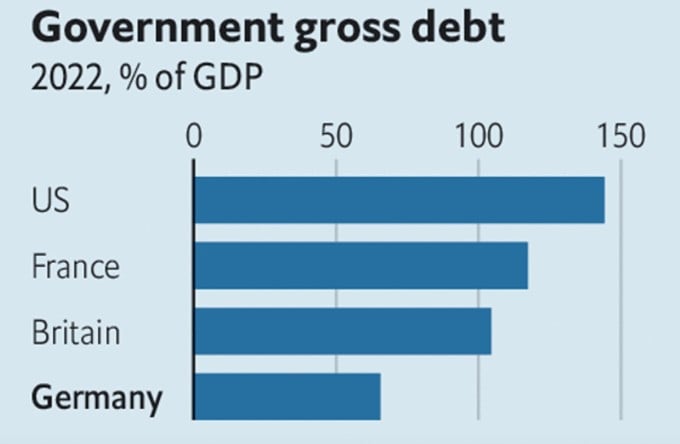
From top to bottom, public debt-to-GDP ratios of the US, France, UK and Germany. Graphic: Economist
Germany’s public debt is only about 65% of GDP, compared with the OECD average of 90% for most rich countries. Investment is a clear case of Germany lagging behind many others. After decades of neglect, Germany’s infrastructure is in dire need of a refresh.
Faced with the need for massive economic spending, but political and legal obstacles, Mr. Scholz must find a way around it. First, he must review spending and cut unnecessary expenses. Years of affluence have led previous governments to be generous with pension and health benefits. Cutting these will be difficult but necessary.
The next step is to find ways to protect investment spending. Shortly after the Ukraine conflict broke out in 2022, the government mobilized €100 billion for the armed forces to make up for years of underinvestment and lobbied for a constitutional amendment to separate that commitment from provisions related to the “debt brake.”
In parallel, Mr. Scholz is setting up a fund to invest in infrastructure and climate, financed by long-term debt. This requires a majority of lawmakers in both houses of parliament to pass, which his governing coalition alone would not have enough votes to approve.
He needs the hand of the main opposition party, the Christian Democrats (CDU). The CDU led the governing coalition from 2005 to 2021 and was the main architect of Angela Merkel’s debt brake. If they return to power, they will also have difficulty implementing their investment plans, so working with Mr Scholz is also beneficial in the long term.
Now, Germany's budget crisis is giving fresh impetus to reforming its constitutionally imposed public debt limits, as the thirst for desperately needed investment overshadows the previous political obsession with fiscal policy.
Katja Mast, a politician from Chancellor Olaf Scholz's Social Democrats, supports suspending the constitutional debt brake by declaring a state of emergency. "The SPD believes that a just cause can be found," she said. The reasons cited for the emergency include the war in Ukraine and the cost of decarbonizing the economy and maintaining social cohesion.
By contrast, Hawkish Lindner and his Liberal Democrats, who strongly support fiscal discipline, oppose lifting the cap on new borrowing. “My concern is that if we designate an emergency for these events and do it every year, we will fail to recognise that at some point the emergency will become the deplorable and regrettable new normal,” he said.
Germany’s reputation for prudence, according to the Economist , is not due to its ability to rein in debt, but because years of strong growth have boosted tax revenues that have helped reduce deficits. While Germans love rules, putting the brakes on debt before current levels of growth are achieved would be self-defeating. Instead, principles like debt sustainability should be enshrined in the constitution and deficit limits left to elected politicians.
Phien An ( according to The Economist, Reuters )
Source link




![[Photo] Parade to celebrate the 50th anniversary of Laos' National Day](/_next/image?url=https%3A%2F%2Fvphoto.vietnam.vn%2Fthumb%2F1200x675%2Fvietnam%2Fresource%2FIMAGE%2F2025%2F12%2F02%2F1764691918289_ndo_br_0-jpg.webp&w=3840&q=75)



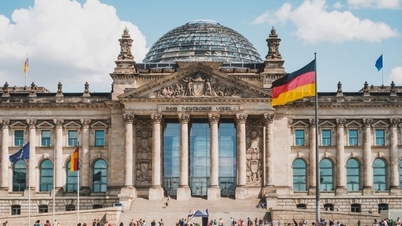

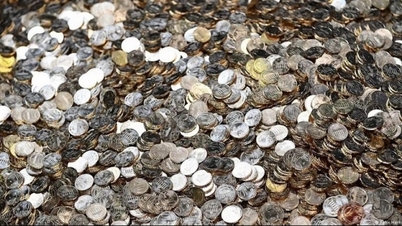


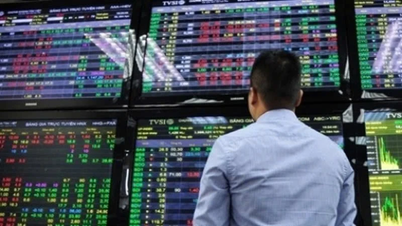
















![[Photo] Worshiping the Tuyet Son statue - a nearly 400-year-old treasure at Keo Pagoda](/_next/image?url=https%3A%2F%2Fvphoto.vietnam.vn%2Fthumb%2F1200x675%2Fvietnam%2Fresource%2FIMAGE%2F2025%2F12%2F02%2F1764679323086_ndo_br_tempimageomw0hi-4884-jpg.webp&w=3840&q=75)




























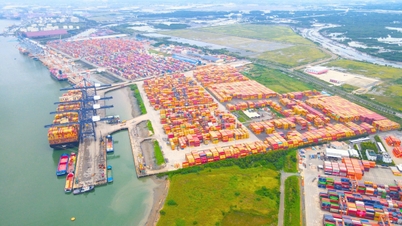














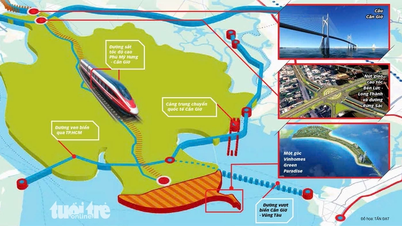
































Comment (0)